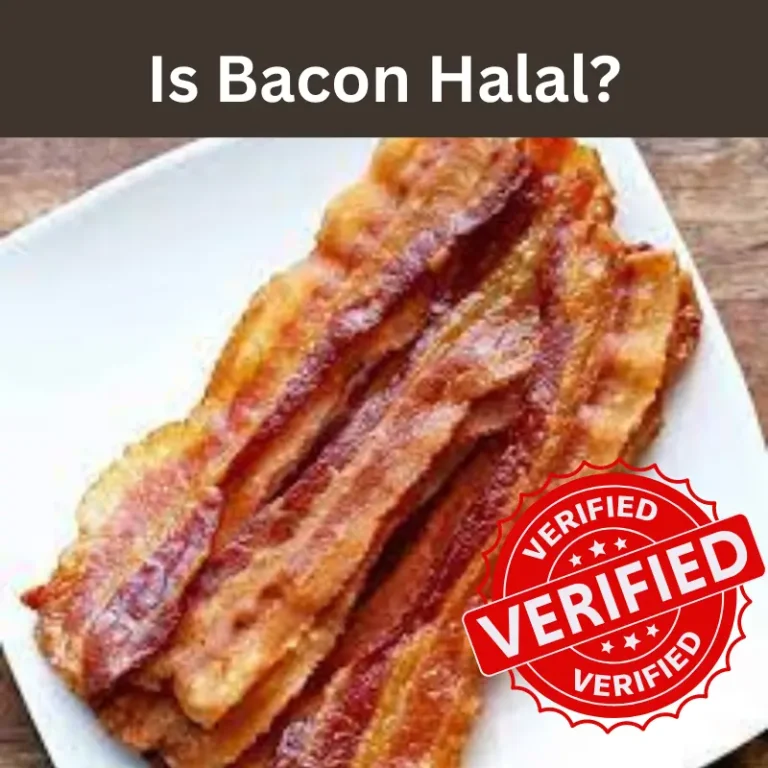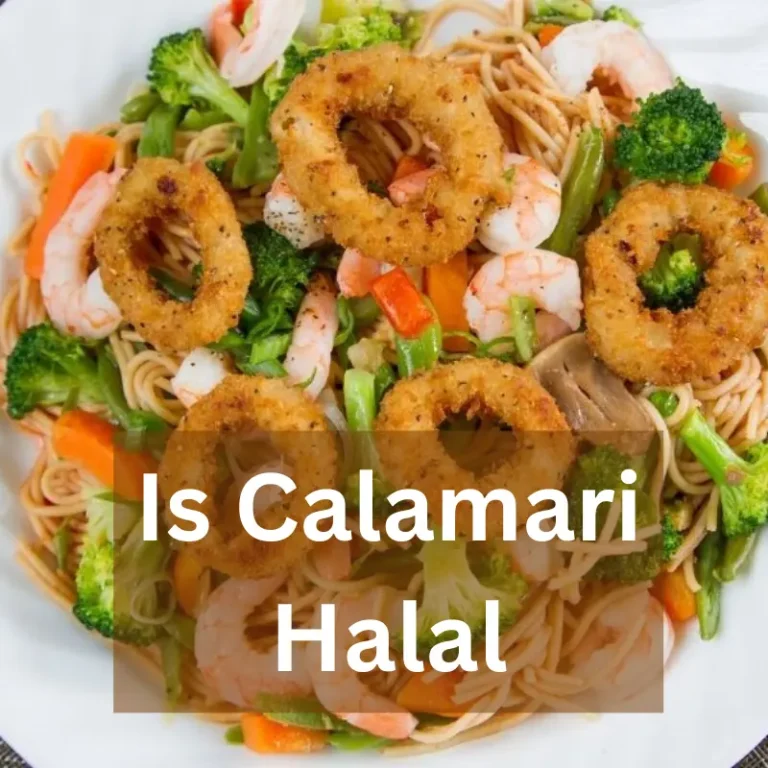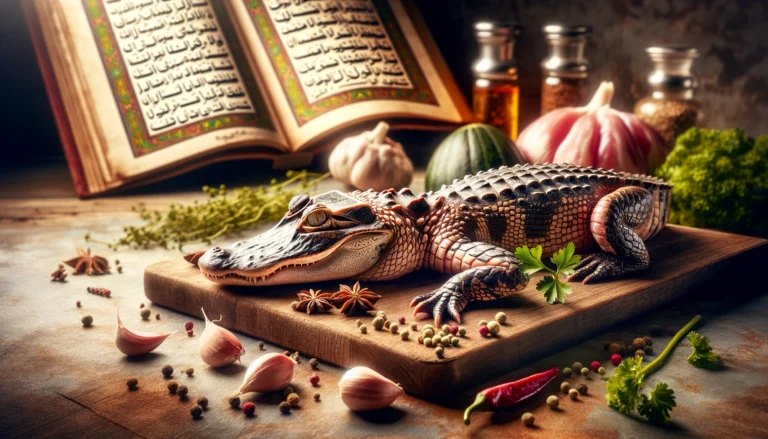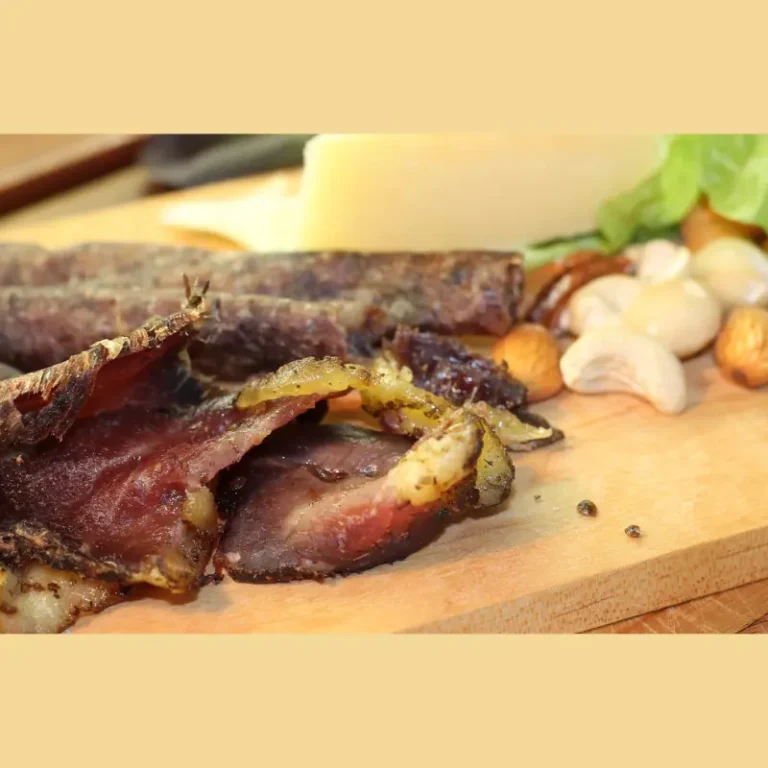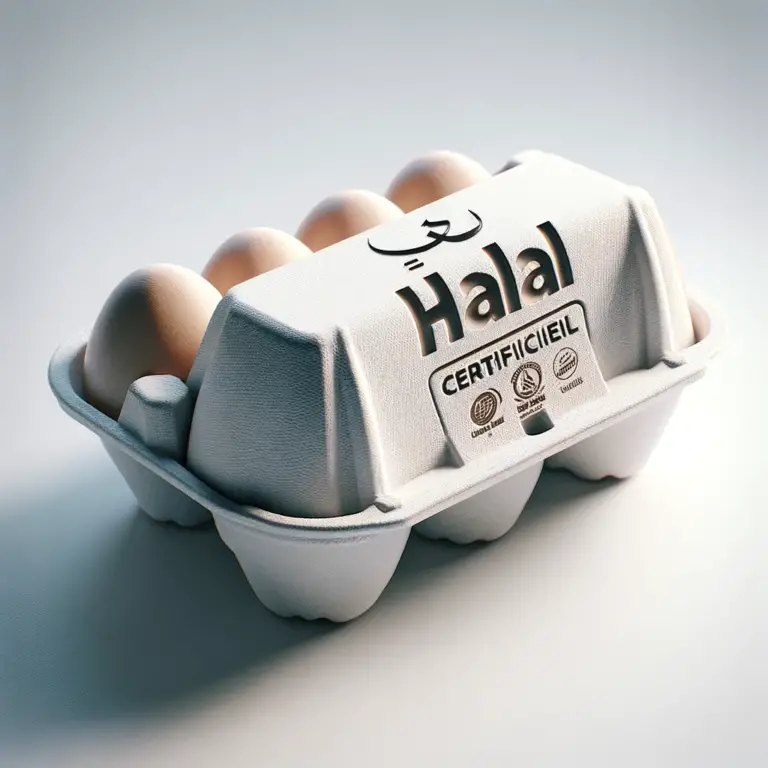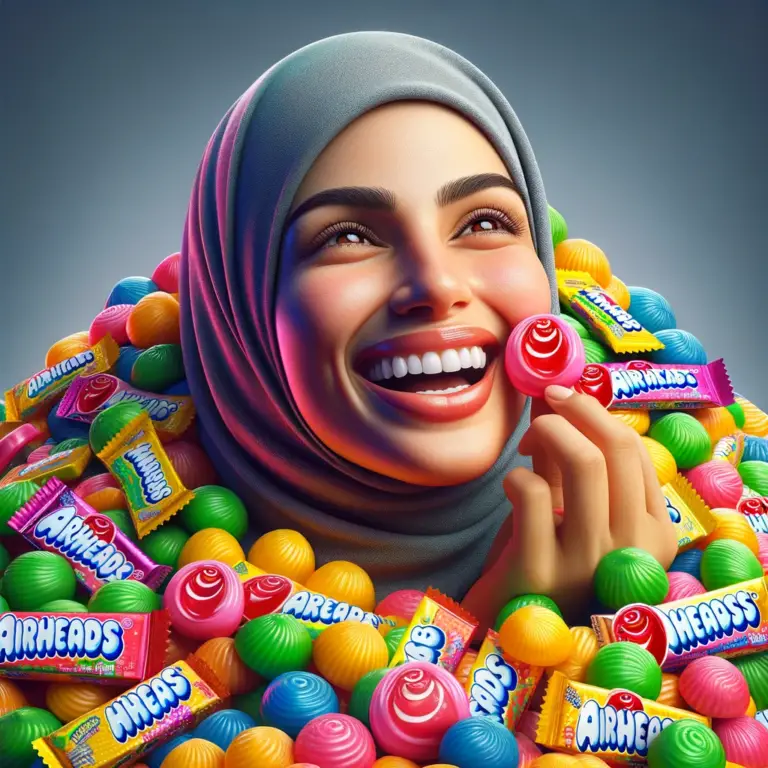Is Coca-Cola Halal?
Understanding Halal
Before we dive into the specifics of Coca-Cola, let’s first understand what halal means:
- Halal is an Arabic term that translates to “permissible” or “lawful” in English.
- In the context of food and beverages, halal refers to products that are allowed for consumption under Islamic dietary guidelines.
- For a product to be considered halal, it must be free from any components that are deemed haram (forbidden) in Islam, such as pork, alcohol, and certain additives.
Coca-Cola’s Ingredients

To determine whether Coca-Cola is halal, we need to examine its ingredients:
| Ingredient | Description |
|---|---|
| Carbonated Water | Water infused with carbon dioxide gas |
| High Fructose Corn Syrup | Sweetener derived from corn |
| Caramel Color | A coloring agent made by heating sugar or other carbohydrates |
| Phosphoric Acid | An acidifying agent that enhances flavor and acts as a preservative |
| Natural Flavors | Ingredients derived from natural sources that add flavor |
| Caffeine | A stimulant naturally found in coffee, tea, and cocoa |
Based on the ingredients listed above, there are no overtly haram components in Coca-Cola.
Coca-Cola’s Official Stance
Coca-Cola has addressed the question of whether its products are halal:
- The company states that its beverages are suitable for Muslim consumption.
- Coca-Cola has received halal certification from various Islamic authorities worldwide, including the Islamic Food and Nutrition Council of America (IFANCA) and the Muslim Consumer Group (MCG).
- The company emphasizes that it does not use any animal derivatives or alcohol in its products.
However, it is essential to note that some Muslims may have concerns about the “natural flavors” listed in the ingredients, as they can be derived from various sources.
Scholarly Opinions
Islamic scholars have expressed different opinions regarding the permissibility of consuming Coca-Cola:
- Permissible: Many scholars argue that since Coca-Cola does not contain any haram ingredients and has obtained halal certification, it is permissible for Muslims to consume.
- Avoid: Some scholars advise Muslims to avoid Coca-Cola due to the ambiguity surrounding the “natural flavors” and the potential presence of minute amounts of alcohol in the manufacturing process, even if the final product is alcohol-free.
- Personal Choice: Other scholars believe that the decision to consume Coca-Cola falls under the category of personal choice, as long as an individual has made an effort to ensure that the product is halal.
The Role of Halal Certification
Halal certification plays a crucial role in assuring Muslim consumers that a product is permissible for consumption:
- Halal certification bodies, such as IFANCA and MCG, conduct thorough inspections of manufacturing facilities and ingredients to ensure compliance with Islamic dietary guidelines.
- These organizations also provide guidance to companies on how to maintain halal standards throughout the production process.
- By obtaining halal certification, Coca-Cola has demonstrated its commitment to catering to the needs of Muslim consumers worldwide.
Conclusion
In conclusion, based on the available information and the opinions of various Islamic scholars, it can be said that Coca-Cola is generally considered halal for Muslim consumption. The company has taken steps to ensure that its products meet halal standards, as evidenced by the halal certifications it has obtained.
However, it is essential to acknowledge that some Muslims may choose to avoid Coca-Cola due to personal convictions or concerns about the “natural flavors” used in the production process. Ultimately, the decision to consume Coca-Cola lies with the individual Muslim, who should make an informed choice based on their understanding of Islamic dietary guidelines and personal beliefs.


